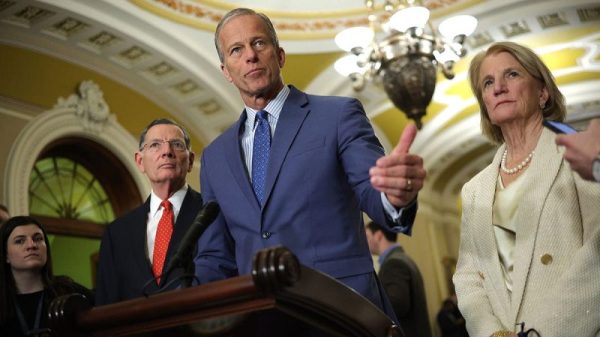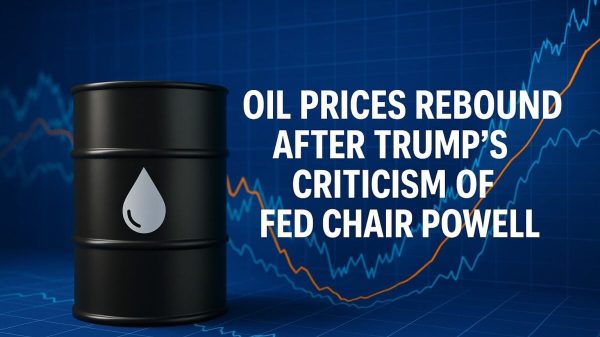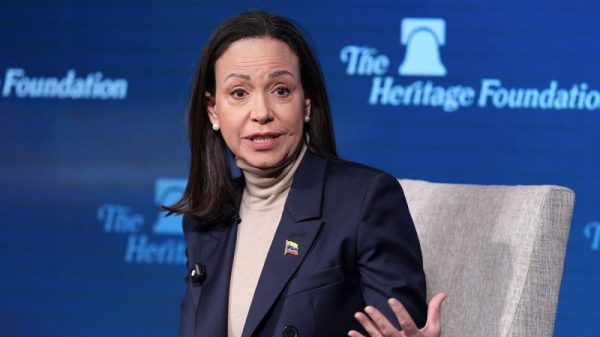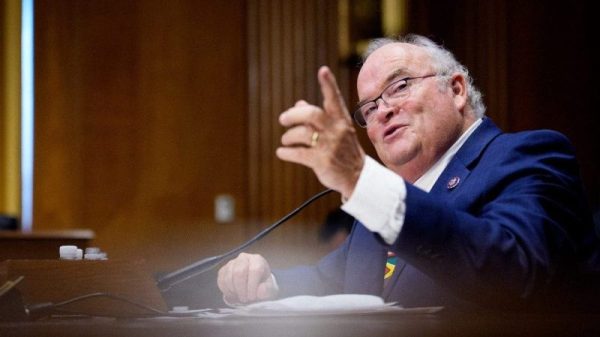It’s easy to tell a more complicated story about the 2024 election than is necessary. For the first half of the year, it appeared that the country was destined for a rerun of the 2020 contest, except with that year’s winner, President Joe Biden, seeing far less and far less enthusiastic support than he had four years prior.
Then Biden stepped aside and Vice President Kamala Harris earned the party’s nomination. Enthusiasm spiked on the left and many voters who had been mulling a third-party vote swung back to the Democrats. A race that was Donald Trump’s to lose is now one that has him trailing, as he did for most of 2016 and 2020.
We now have a slew of polls from pollsters who measured support both before and after the switch from Biden to Harris, allowing us to get a good sense of where, exactly, that change occurred. This is tricky for a few reasons, including that polls are never any more than a measure of opinion at one particular point in time (here, months before the election) and that digging into subgroup responses increases margins of error. But there are nonetheless some clear patterns: Harris’s improvement over Biden is heavily a function of increased support from women and younger voters.
You can see that in new polling released over the weekend from The Washington Post and our partners at ABC News and Ipsos. It mirrors shifts seen over the same period in polling conducted by YouGov for CBS News.
Harris’s support is higher overall than was Biden’s, and Trump’s support has dropped. Among men (the second pair of charts below), Harris gained three points in our poll but didn’t see much change in YouGov’s over the past six weeks. Among women, though, the margin improved four points in our polling and eight in CBS-YouGov’s.
Among younger voters (those under 40 in our poll), the change has been more dramatic. We measured an 18-point shift in margin, and YouGov’s poll found a 12-point shift. Among voters aged 65 and up, there wasn’t similar movement.
It’s tricky to evaluate support by race, largely because sample sizes tend to be relatively small (and margins of error therefore relatively high). In the Post-ABC-Ipsos poll, there was a shift of four points in the margin to the Democrat, about the same as the shift among non-White respondents in our poll.
Over the weekend, the New York Times also released new state polling, conducted by Siena College. They have now published polling from all of the states they polled in May, allowing us to compare how support shifted among registered voters over that period. The patterns are similar: improvement by Harris over Biden, largely driven by women in particular.
You can see how much movement there is among younger voters since May in the Times-Siena poll. Since the beginning of the year, there has been a lot of movement among subgroups of respondents in these polls that make it a bit tricky to track trends.
Across the six states identified above, though, there was a 10-point shift in the margin to Harris’s benefit among women — almost twice as large in the Sun Belt states (Arizona, Georgia and Nevada) than in the “blue wall” states (Michigan, Pennsylvania and Wisconsin). This is in part because Biden was doing particularly poorly in the Sun Belt states in May.
There was an average 10-point shift to Harris in the margin among voters under the age of 30 in the Times polls. But there’s a lot of variation by state, again in part because of smaller sample sizes. (We’re also using the registered-voter numbers from the Times polling because it allows for a direct comparison with May.) The Times-Siena polling also found a big improvement among older voters in the Sun Belt, an average eight-point swing in the margin in those states.
It’s a good reminder that the top-line results aren’t solely a function of younger voters and women. It’s just that those voters, both nationally and in these state polls, saw the biggest shifts.
This comports with what we’d expect, certainly. It’s been understood that skepticism of Biden among younger Americans was a central part of why he was polling poorly; that younger Americans are more heavily non-White than older Americans is one reason that Black and Hispanic voters were also more skeptical of Biden than of past Democratic candidates.
Politics is about trends. (Trump won in 2016 in large part because independent voters shifted toward him in the final week, for example.) The question is whether the change from Biden to Harris marks Democrats coming home or if it is the start of a trend of Harris pulling away. If it’s the former, 2024 will again be a close contest that comes down to narrow margins in some or all of the six states above. If it’s the latter? The election would be something else entirely.






































